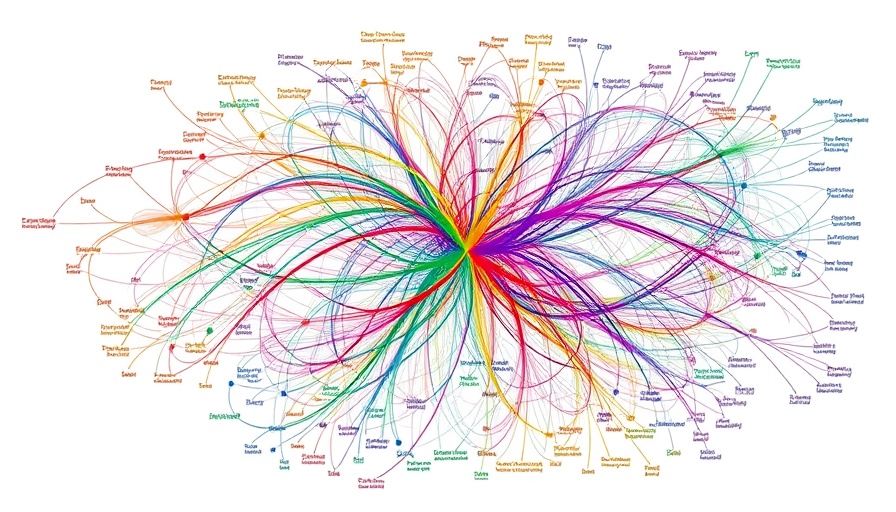
The Rising Prevalence of Autism in the U.S.
Recent data from the U.S. Centers for Disease Control and Prevention indicates that autism prevalence has reached alarming levels among American children. Now at 32.2 per 1,000 among 8-year-olds, this surge reflects a trend that has been noted for years as awareness and diagnostic practices improve. Notably, there has also been an increase in diagnoses among 4-year-olds, prompting speculation about environmental causes from public figures, including Robert F. Kennedy, Jr.
Why Does the Increase Matter?
This rise is not merely a statistic but highlights the growing recognition of Autism Spectrum Disorder (ASD) as a critical public health issue. Increased diagnoses bring necessary resources and research funding, leading to pivotal breakthroughs in understanding and treating autism. More attention is also being paid to groups previously underdiagnosed, including adults and non-white children.
Diving Deeper Into Autism Research
The explosion of autism-related research reflects the urgency of addressing this condition. Recent studies have uncovered various aspects, such as sleep patterns in autistic children and the role genetic mutations play in cognitive deficits. Notably, the analysis of sleep archetypes has revealed distinct patterns that could lead to targeted interventions.
The Importance of Early Intervention
As research on autism expands, the focus on early intervention becomes increasingly critical. Understanding developmental milestones can aid in identifying autism signs sooner, fostering timely support. Early intervention can significantly impact the development trajectory of children diagnosed with ASD, improving their quality of life.
Community Engagement in Autism Research
Active involvement of communities in autism research is essential for addressing the needs of diverse populations. Engagement not only strengthens clinical trials for rare genetic syndromes but also amplifies voices that are often underrepresented in research. Collaborative community efforts can resonate widely and lead to more holistic understanding and solutions.
Moving Forward as a Society
As we move forward, it is essential to maintain momentum in autism research, encouraging discussions around neurodevelopment and behavioral science. Understanding the complexities of autism, from genetic underpinnings to cognitive therapies, can craft a narrative that emphasizes hope and progress, enabling families to seek help effectively.
In light of these developments, the call for increased awareness and proactive measures within both local and national communities is greater than ever. Together, we can work towards a future where every child diagnosed with ASD receives the understanding and support they deserve.
To explore further insights and continue learning about these significant issues, learn more here.
 Add Row
Add Row  Add
Add 




Write A Comment